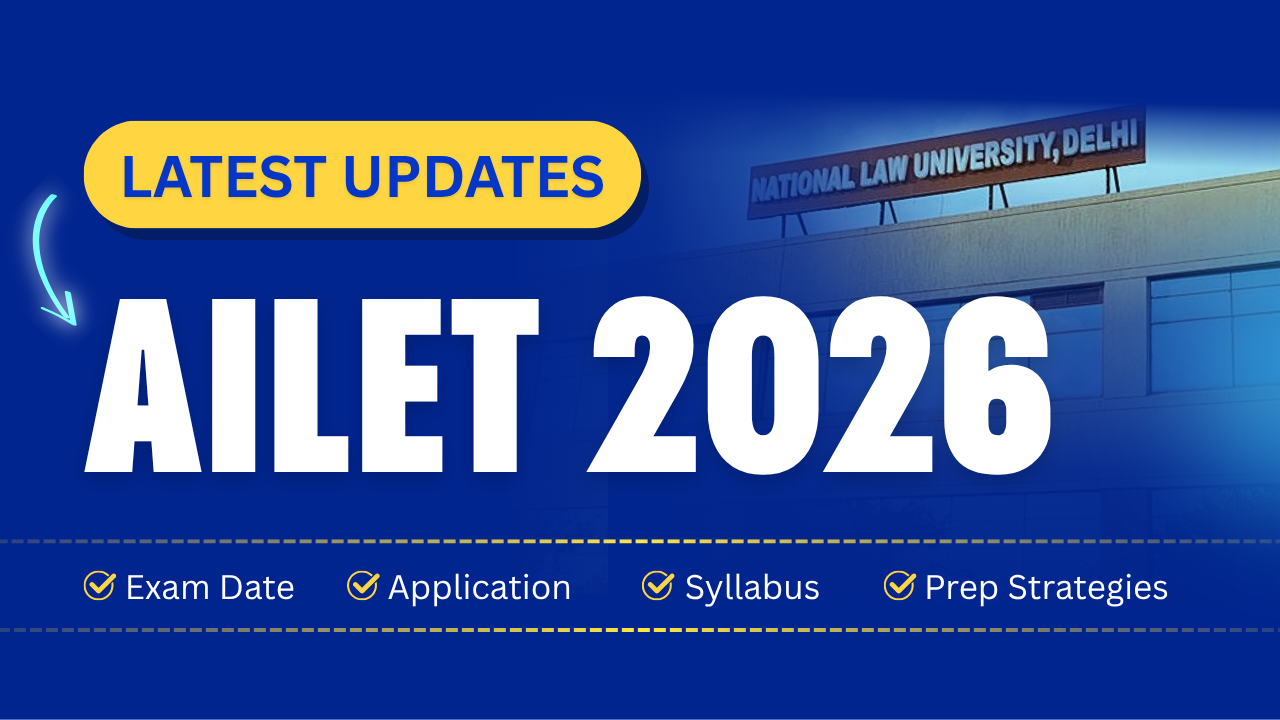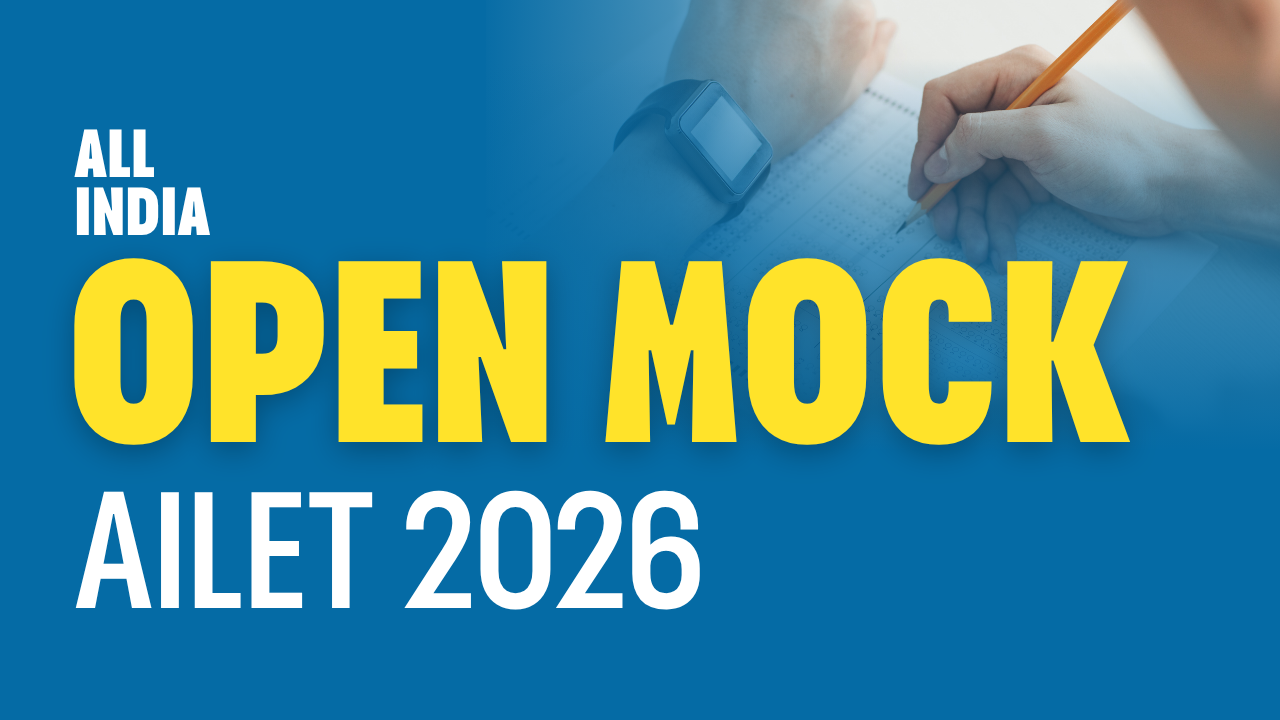By I Feb 19, 2024

Deciding on the right law entrance examination in India is a pivotal step for aspirants looking to forge a career in the legal field. This detailed guide explores the intricacies of the Common Law Admission Test (CLAT), the All India Law Entrance Test (AILET), and other significant examinations. By examining their formats, preparation methodologies, and the educational and career trajectories they enable, this analysis aims to assist candidates in making an informed choice.
CLAT: Your Passport to Premier National Law Universities
The CLAT stands as the premier gateway for admission into the esteemed National Law Universities (NLUs) scattered across India, offering an unparalleled legal education landscape.
- Exam Overview: The CLAT challenges candidates with 120 questions across five sections: English Language, Current Affairs including General Knowledge, Legal Reasoning, Logical Reasoning, and Quantitative Techniques.
- Strategic Preparation: Success in CLAT demands a deep-rooted understanding of legal principles and their practical application. Aspirants should focus on honing their logical reasoning abilities and keeping abreast of the latest current affairs to excel.
- Curriculum and Career Prospects: Securing a spot in an NLU through CLAT unlocks diverse career opportunities in areas such as corporate law, litigation, public policy, and more. The curriculum offered is rich and varied, preparing students for a broad spectrum of legal challenges.
AILET: Tailored for NLU Delhi Enthusiasts
AILET is the exclusive entrance test for those aiming to enter NLU Delhi, known for its rigorous and focused legal education.
- In-depth Examination: AILET is known for its stringent focus, particularly on legal aptitude and reasoning, making it a tad more challenging than CLAT. It demands a focused approach to preparation.
- Preparation Tips: Key to AILET preparation is a strong grasp of legal concepts and reasoning, underpinned by solid general knowledge and analytical skills.
- Educational and Career Pathways: NLU Delhi excels in research and policy-oriented education, ideal for students with a keen interest in these domains. Graduates often secure prestigious roles in legal practice, academia, and international law settings.
Exploring Alternative Paths: LSAT India, SLAT, and MH CET Law
These examinations open doors to specialized law schools and distinct focuses within legal education.
- LSAT India: Designed to assess reasoning and critical thinking, LSAT India prepares students for a curriculum intensive in legal analysis, catering to various legal careers and beyond.
- SLAT: Hosted by Symbiosis International University, this exam is geared towards students looking for a curriculum that includes international and business law, aimed at cultivating versatile legal professionals.
- MH CET Law: This state-centric examination provides access to law colleges in Maharashtra, featuring a curriculum that integrates traditional legal education with contemporary practices, ideal for aspirants aiming to practice within Maharashtra and on a national level.
Making the Right Choice for Your Legal Career
The choice of law entrance exam should align with your career objectives, preferred legal education institution, and the specific legal domains you are passionate about. Each exam not only assesses different competencies but also leads to unique educational and professional avenues.
- Curriculum Considerations: Evaluate the curriculum of your target law schools beyond their entrance exams. Ensure they specialize in areas that interest you, be it corporate law, criminal justice, or civil rights.
- Career Alignment: Think about your career aspirations and select an entrance exam that aligns with the legal sectors where the NLUs and law schools excel. This strategic choice can significantly impact your future career trajectory.
Conclusion
India's law entrance exam landscape offers varied pathways into the legal profession, from the comprehensive CLAT to the focused AILET, and other specialized exams like LSAT India, SLAT, and MH CET Law. Understanding the nuances of these exams and how they align with your personal and professional objectives is crucial. This approach ensures you embark on a legal career path that is both fulfilling and aligned with your aspirations, setting the foundation for a successful journey in the legal domain. For more information blogs on Career in LAW, Click Here!



